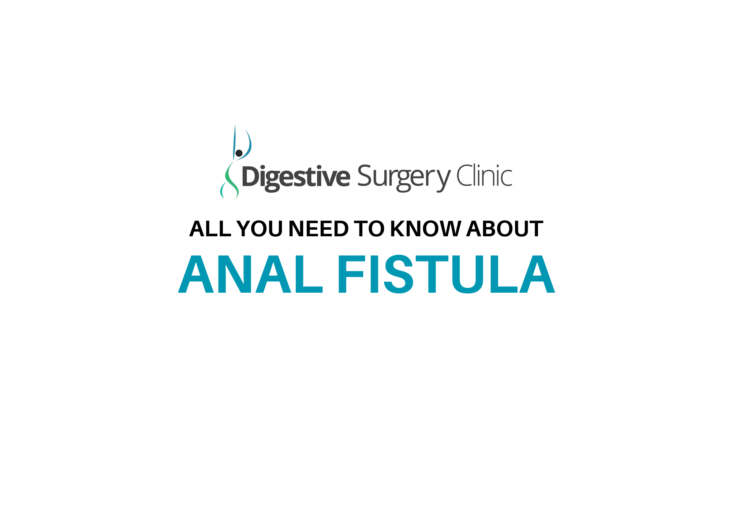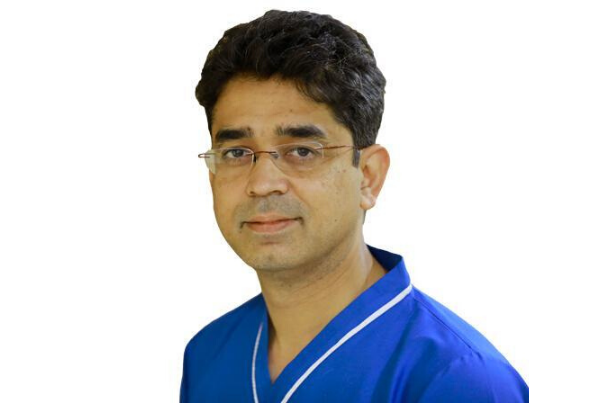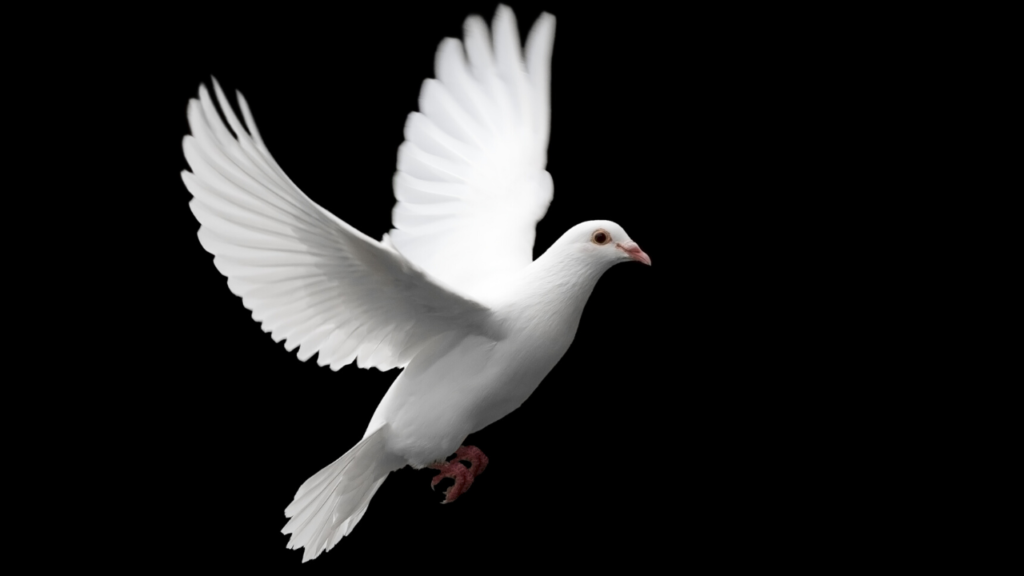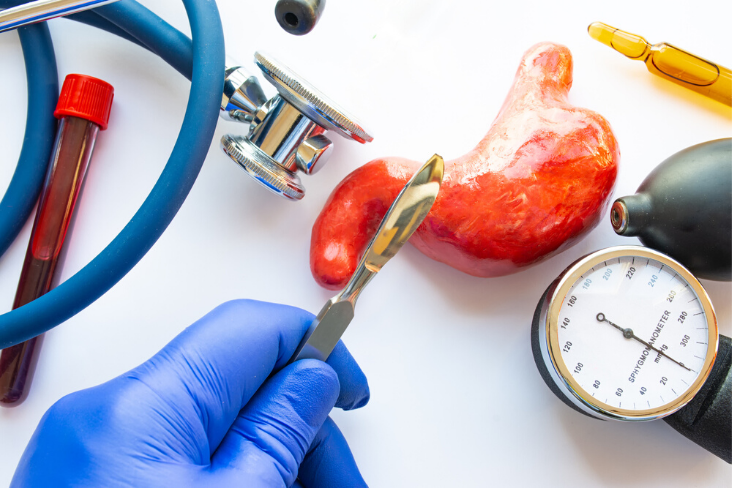Introduction
Anal fistula is a medical condition that often goes unnoticed or misunderstood. In this comprehensive guide, we’ll delve into the causes, symptoms, and various treatment options available for anal fistulas. Understanding this condition is crucial for those affected and seeking the right information.
What is an Anal Fistula?
It is a small tunnel that develops between the anal canal and the skin near the anus. It typically occurs as a result of an anal abscess, which is a collection of pus in the tissues around the anus. If an abscess doesn’t heal properly or is inadequately treated, it can lead to the formation of a fistula.
Causes of Anal Fistula
The development can contribute several factors, including:
1. Anal Abscess: The primary cause, as mentioned earlier, is an untreated or improperly treated anal abscess.
2. Crohn’s Disease: A chronic inflammatory condition affecting the digestive tract, Crohn’s disease increases the risk of fistula formation.
3. Infection: Sexually transmitted infections or other bacterial infections can also lead to anal fistulas.
4. Trauma: Injuries or trauma to the anal region may result in the formation of a fistula.
Symptoms of Anal Fistula
Recognizing the symptoms of this is crucial for prompt diagnosis and treatment. Common symptoms include:
1. Persistent anal pain
2. Discharge of pus or blood from a perianal wound
3. Swelling and tenderness around the anus
4. Painful defecation
Treatment Options for Anal Fistula
There are various treatment approaches for fistulas in anal, depending on the severity and individual circumstances:
1. Fistulotomy: This surgical procedure involves cutting open the fistula tract to allow for proper drainage and healing. This is the commonest procedure done but it is not safe to do it when the tract involves a lot of anal sphincter.
2. Seton Placement: A seton, a piece of thread-like material, may be inserted to help drain the fistula and keep it open. This is a staged operation for complex fistula when the fistula tract is high/ involves a lot of anal sphincter/ infected. This is one of the efficacious and safest method to treat fistula.
3. LIFT: This is another novel technique for complex fistula where the fistula tract is cut between two sutures at the inter-sphincteric level. It is feasible in some cases where the tract is single and straight.
4. Excision of Fistula and Sphincter Reconstruction: This is another option for complex anal fistula where an experienced and trained surgeon can excise the entire tracts and reconstruct the anal sphincter in the same sitting. This has great success rate and is also the favoured technique at our center.
5. Fibrin Glue Injection: This non-surgical option involves injecting a special glue into the fistula to seal it and promote healing. It can be used in straight tracts. Although, almost devoid of any side effects, the success rate is less than 50% as per published literature.
6. LASER Ablation: This is a current trend and addition in fistula surgery. It is useful in ablating secondary tracts of a complex anal fistula. Simply ablating the tract without treating the internal opening has not met with much success. It is important for readers to beware of the hype and social media marketing around this technique since it is not substantiated in published literature.
Conclusion
If you suspect you have an anal fistula or are experiencing symptoms, it’s crucial to consult with a healthcare professional for an accurate diagnosis and appropriate treatment. Understanding the causes, symptoms, and available treatment options empowers individuals to make informed decisions about their healthcare. An expert and experienced surgeon knows how to use various techniques in different categories of anal fistula. Like everything in science, one surgery does not fit all.
Remember to seek medical advice for personalized guidance tailored to your specific situation.
Where to find the Best Treatment for Anal Fistula?
The best treatment we can find in Kolkata for Anal Fistula is at Digestives Surgery Clinic (https://www.digestivesurgeryclinic.com/), which is a center of dedicated doctors, who are passionate about the field of gastro surgery.








